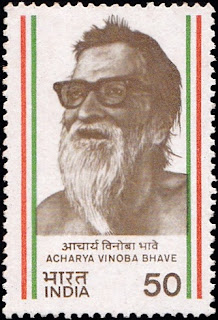Aryabhata was India's first satellite,named after the famous Indian astronomer.Aryabhata was launched on April 19, 1975, from the Kapustin Yar launch site in the Soviet Union (now Russia), using a Soviet Kosmos-3M launch vehicle. The satellite was developed by the Indian Space Research Organisation (ISRO) and marked India's entry into the realm of space exploration.
The satellite was primarily intended for conducting scientific experiments in X-ray astronomy and solar physics. It played a crucial role in enhancing India's capabilities in space research and laid the groundwork for subsequent satellite missions undertaken by ISRO.
While Aryabhata was India's first indigenously built satellite, it wasn't the first satellite to be launched by India. That honor goes to the satellite named "Rohini," which was launched aboard a Satellite Launch Vehicle (SLV) on July 18, 1980. However, Aryabhata remains a significant milestone in India's space program and is remembered for its contribution to the country's advancements in space technology.





.jpeg)



